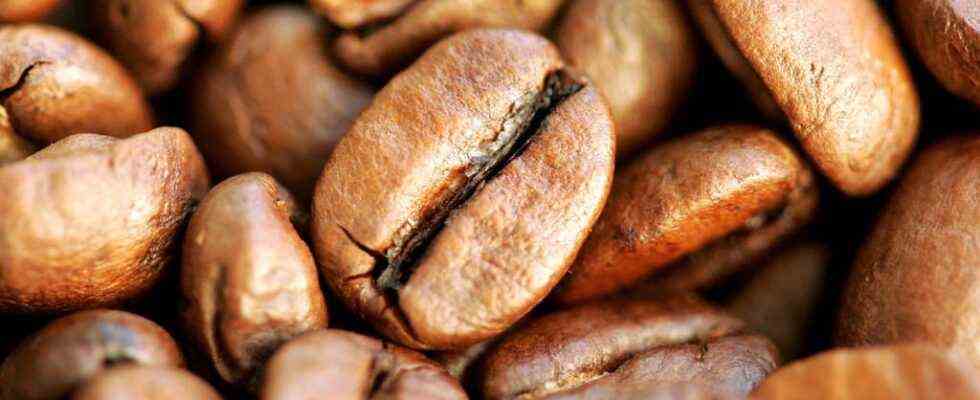Status: 07/27/2021 12:29 p.m.
Brazil is the world’s largest producer of arabica coffee. Because there is a risk of crop failures due to frost and drought, the prices for raw materials are rising rapidly. Coffee drinkers will soon feel this too.
Arabica coffee from Brazil is one of the most popular types of coffee in Germany. Over 300,000 tons are delivered here from the South American country every year. But this year imports could be lower. Because after a drought at the beginning of the year, it is now temperatures below zero that could cause crop failures.
Although the actual damage has so far been difficult to predict according to the assessment of commodity trader Charles Sargeant from brokerage house Britannia, the fear of lower harvests alone is causing prices to rise. While a pound of Arabica green coffee cost just under 1.75 dollars on Friday, it was already more than two dollars yesterday – and thus not more than since 2014. This means that the price of Brazilian Arabica that has been rising for years is continuing. According to the International Coffee Organization, ICO, the price of a pound of Arabica coffee rose to $ 1.58 on July 20, down from just under a dollar two years ago. This means that Arabica coffee has risen by almost 60 percent during this period.
Several reasons for the price increase
Consumers must therefore be prepared for higher prices. The price of Robusta coffee – which is used for instant granules and is mainly grown in Vietnam – has also seen a price increase of almost 40 percent in the year to date. “There are several reasons for the astronomical rise in coffee prices,” says Rabobank analyst Carlos Mera. In addition to the devastating weather conditions in Brazil, transport costs have also increased. In addition, political unrest caused problems in Colombia, the third largest production country. The effects of the corona pandemic also continued to cause uncertainty.
The most important price driver is probably the weather. Brazil suffered an historic drought earlier this year. In the past week, frost followed on important plantations in Minas Gerais, a southeastern inland state, from which 70 percent of the country’s arabica beans come. “The freezing temperatures caused leaf fall and destroyed the youngest plants,” says Mera. However, these are crucial for future harvests. An improvement in the weather is not in sight for the time being. Meteorologists expect more frosts in the coming days.
Delayed impact for consumers
As a result, prices on the American futures exchange have exploded. The price of a pound of Arabica coffee soared yesterday to $ 2.152, the biggest daily gain in 21 years. “The bottom line is a perfect storm,” explains industry observer Jochen Stanzl from brokerage firm CMC Markets. A trend reversal is not in sight. “But we are getting closer to important technical brands that could act as resistors,” said the expert.
Arabica is also so badly affected because the plant has a two-year cycle in which low-yield production in one year is followed by a bumper harvest the next year. The harvest two years ago was particularly plentiful. This year it would have been lower even without frost and drought damage, according to the experts.
The scarcity is also promoted by the fact that global coffee demand has picked up again after the end of the Corona restrictions. Consumers are still not aware of this because the rising prices are only passed on to end customers slowly and with a time lag. It usually takes three to nine months for the effects to be felt in retail, says Rabobank expert Carlos Mera.

